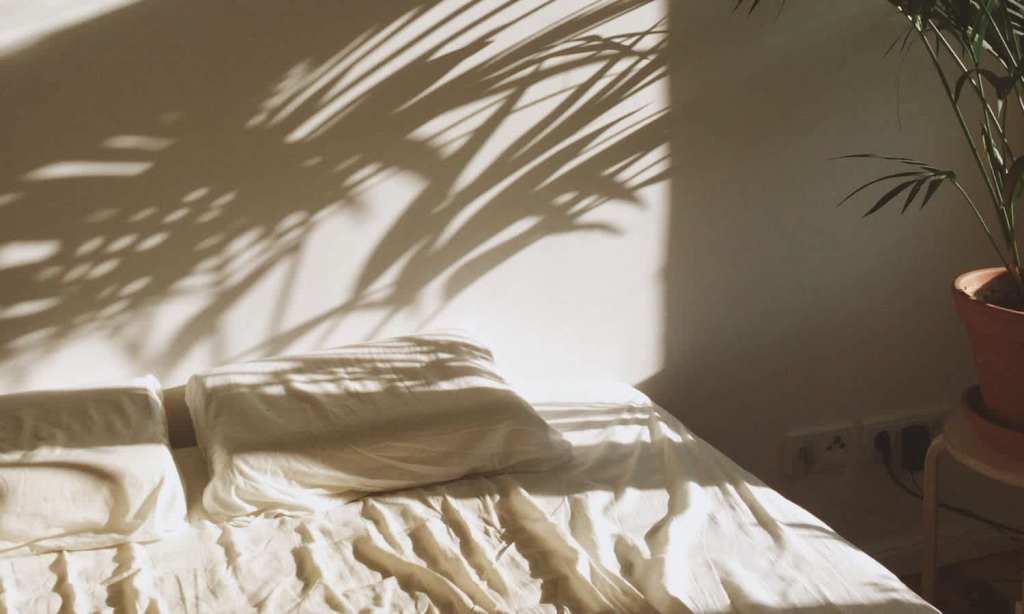Between the COVID-19 pandemic and flu season, there’s been much talk about “boosting” your immune system. While it’s not actually possible to boost your immunity (no matter how many supplements you take), there are ways you can support and maintain your immune health.
One way is through sleep. Sleep and immunity go hand in hand and a lack of sleep can result in an increase in illness. According to sleep scientist, Matt Walker, individuals who report to sleep less than seven hours a night are almost three times more likely to become infected by the rhinovirus — otherwise known as the common cold.
“We also know that women sleeping five hours or less a night are almost 70% more likely to develop pneumonia,” Walker said in a video for TED.
But it doesn’t just end there. Studies have also shown the impact sleep can have on immunizations and the difference it can make is huge.
In one study, researchers limited one group of participants sleep to four hours for six nights. In the other group, the researchers let them have a full night of sleep for the same time period. In this time, they also administered the flu shot to all of the participants and measured the response.
“What they discovered is that in those individuals who were sleeping just four hours a night, they went on to produce less than 50% of the normal antibody response,” Walker said. “So in other words, if you’re not getting sufficient sleep in the week or the days before you get your flu shot, it may render that vaccination far less effective as a consequence.”
These outcomes show just how important sleep is for your immune system and the processes your body undergoes when you go to bed at night. It’s not simply to restore energy levels and rest your body but to literally keep your immune system functioning as best it can.
“Sleep at night, including deep non-REM sleep, [is] when we actually restock the weaponry within our immune arsenal. We actually stimulate the production of numerous different immune factors,” Walker said.
“And furthermore, the body actually increases its sensitivity to those immune factors. So you wake up the next day as a more robust immune individual.”
Skimping on sleep is easy enough to do so creating a sleep schedule will help keep you on track. Go to bed at the same time as often as you can and aim to rise at a similar time each morning. And, no, you can’t catch up on missed sleep when the weekend rolls around. Sorry to burst that bubble.
Walker recommends considering sleep as “one of the best health insurance policies that you could ever wish for.”
Read more stories from TheLatch— and follow us on Facebook.

